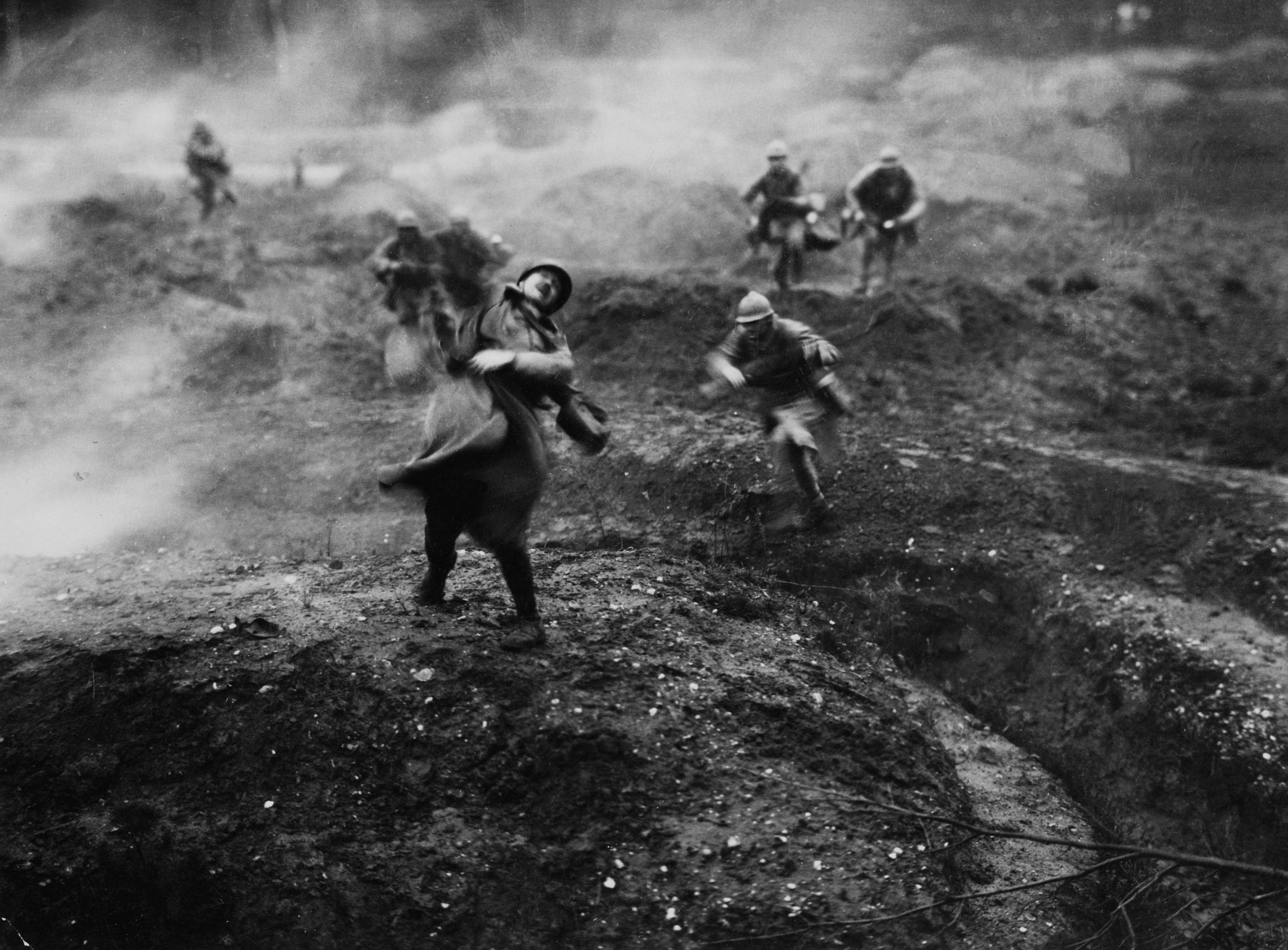


By the end of June, the Germans were almost successful in breaking through.The Germans used phosgene gas and flamethrowers for the first time.

If you abandon Verdun, I will sack you all on the spot.įrench Prime Minister Aristide Briand to General Joffre. If you surrender Verdun, you will be cowards, cowards! And you needn’t wait till then to hand in your resignation. The French defended Verdun, sacrificing hundreds of thousands of soldiers. General Pétain: “Ils ne passeront pas!”.25 February Fort Douaumont taken by the Germans.To annihilate France.įrench soldiers of the 87th Regiment, 6th Division, at Côte 304, France would defend this place with everything they had and would be worn down. Īim : To “bleed the French white” according to Falkenhayn. The Germans chose this site with the knowledge that the French would defend it. Place: Verdun, a fortress of symbolic importance for the French.A German offensive against French lines.Verdun was a triumph for French fortitude and the Generalship of Charles Mangin, Robert Nivelle and Pétain.Īlan Palmer, Dictionary of Twentieth Century History, Penguin, 1979, p.386 French counter-attacks from 23 October onwards recovered the forts and most of the shell-cratered wasteland overrun by the Germans. But the Germans, too, suffered considerable loss of morale for, although two key forts (Douaumont and Vaux) were captured by the Germans and although in June the French were dependent on a single second-class road for supplies, Verdun itself never fell. The 300-day battle destroyed French reserves and left the French too weak and shell-shocked for a resolute offensive without help from other allies. He chose Verdun, a fortified city on the Meuse, whose fall in 1792 had precipitated panic in Paris. The battle arose from a plan of General von Falkenhayn (1861-1922), chief of the German General Staff, who claimed that it would be possible ‘to bleed France white’ by launching a massive attack on a narrow sector where national sentiment would force the French to ‘throw in every man they had’.

The most sustained battle of the First World War, in which the French suffered more than 400,000 casualties and the Germans nearly 350,000. Winston Churchill wrote in ‘The World Crisis’ that the generals were “ content to fight machine-gun bullets with the breasts of gallant men and think that was waging war.”īattle of Verdun (21 February – 16 December 1916).


 0 kommentar(er)
0 kommentar(er)
